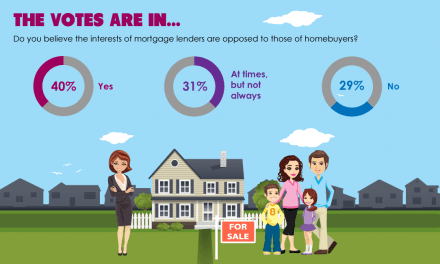If you’re involved in anything remotely resembling a kickback scheme, now’s the time to cut it out.
The Consumer Financial Protection Bureau (CFPB) took over Real Estate Settlement Procedures Act (RESPA) enforcement in July of 2011. And they’re taking this responsibility very seriously.
The CFPB is suing Kentucky law firm, Borders & Borders, PLC for unlawfully paying kickbacks for settlement services provided by a network of shell companies. The complaint alleges the law firm operated nine joint ventures and used the affiliated companies to pass off the unlawful kickbacks as simple profit sharing. This is an old scheme and one regulators have been wise to for a long time.
Unlike the majority of alleged RESPA violators in the past, Borders & Borders has refused to enter a settlement deal with the government. Instead, they insist their real estate settlement services affiliations are legitimate and do not violate RESPA in any way.
Kickbacks seem to be a habit real estate professionals just can’t kick. They make so much sense. After all, what’s wrong with being paid a referral fee for sending valuable business to another company? Don’t you deserve a cut of the action?
What these enterprising individuals often willfully misunderstand is that they are getting their cut — twice. RESPA expressly prohibits double payments. Here’s an important refresher of what an illegal kickback looks like:
- a licensed real estate professional accepts a fee from a client for services rendered;
- the professional refers the client to a provider of another service related to the same real estate transaction; and
- the client pays a separate fee to the referred provider, who then pays a cut of that fee back to the original provider.
It’s plain to see in this very simple scenario that the original provider has been paid twice without providing any additional services that warrant the payment of another fee. The fact the fee was funneled through a third party doesn’t make it any cleaner; the client has still been charged twice.
The times are changing and the CFPB isn’t messing around. So, take a close look at your business practices and make sure you’re not paying or accepting kickbacks, regardless of what you call them.
You can brush-up on your RESPA rules here and here.














